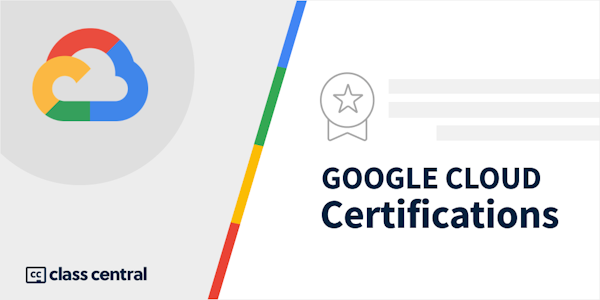This course covers BigQuery fundamentals for professionals who are familiar with SQL-based cloud data warehouses in Redshift and want to begin working in BigQuery. Through interactive lecture content and hands-on labs, you learn how to provision resources, create and share data assets, ingest data, and optimize query performance in BigQuery. Drawing upon your knowledge of Redshift, you also learn about similarities and differences between Redshift and BigQuery to help you get started with data warehouses in BigQuery.
Overview
Syllabus
- BigQuery Architecture and Resource Provisioning
- This introductory module summarizes the key details of BigQuery architecture and resource provisioning including how BigQuery utilizes slots to execute SQL queries and workload management in BigQuery. Drawing upon your knowledge of Redshift, this module also provides a high-level overview of the similarities and differences between Redshift and BigQuery architecture and resource provisioning to help you get started with BigQuery.
- BigQuery Data Definition Model
- This module summarizes the key details of BigQuery’s resource hierarchy and data definition model, including how to create datasets and tables in BigQuery. Drawing upon your knowledge of Redshift, this module also provides a high-level overview of the similarities and differences between the Redshift and BigQuery resource hierarchies and primary data types to help you start working with data in BigQuery.
- BigQuery and Google Cloud IAM
- This module summarizes the key details of the Google Cloud Identity and Access Management (IAM) model, including how roles and permissions are applied to datasets and tables in BigQuery. Drawing upon your knowledge of Redshift, this module also provides a high-level overview of the similarities and differences in roles and permissions between Redshift and BigQuery to help you start securing and sharing your data in BigQuery.
- BigQuery Data Ingestion
- This module summarizes the primary options and best practices for ingesting data into BigQuery, including batch data loading, streaming ingestion, and queries to external data sources. Drawing upon your knowledge of Redshift, this module also provides a high-level overview of the similarities and differences in data ingestion options between Redshift and BigQuery to help you start reading and loading your data into BigQuery.
- BigQuery Schema Design and Optimization
- This module summarizes common patterns and best practices for designing and optimizing table schemas in BigQuery, including the use of nested and repeated fields, partitioning, and clustering. Drawing upon your knowledge of Redshift, this module also provides a high-level overview of the similarities and differences in schema usage and design between Redshift and BigQuery to help you start structuring and optimizing your data in BigQuery.
- SQL in BigQuery
- This module summarizes the key features and operations of the Google Standard SQL dialect used in BigQuery and best practices for optimizing query performance and controlling costs in BigQuery. Drawing upon your knowledge of Redshift, this module also provides a high-level overview of the similarities and differences in the SQL dialects and features between Redshift and BigQuery to help you start running and optimizing queries in BigQuery.
Taught by
Google Cloud Training




